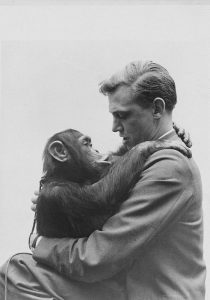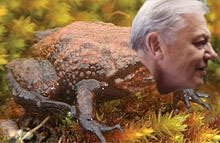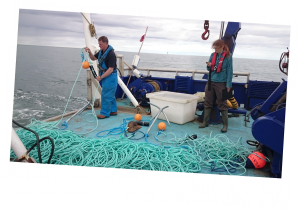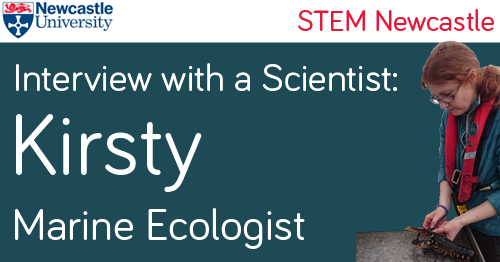Today is Sir David Attenborough’s 91st birthday. To celebrate, we’ve written a poem looking back at his extraordinary life and hoping that someday we can follow in his footsteps.
Born in London in 1926,
He’s since won the hearts of all the Brits.
David didn’t always know all about the wild,
But his interest was sparked as a young child.
In fact, he was very much in the dark,
Until that thrilling day at Bradgate Park
When he discovered his first fossil,
Which led to a future so colossal.
In the 1950s came David’s first TV show,
All over the world, the team would go.
The programme was called zoo quest,
And today may have caused a protest
As it saw David catching animals for London zoo
Anteaters, chimps and rare birds too.
David soon stopped taking these creatures
And helped conserve their wonderful features.
He showed us the magical Great Barrier Reef
And little ants that cut up and carry a leaf
To feed it to something big and fungal.
He also took us into the depths of the jungle
To see the great apes and what a thriller,
When he cuddled that huge gorilla!
David searched for a dragon on the isle of Komodo
And uncovered the secrets of the extinct dodo.
He took us to the arctic for polar bears in the snow
And in the dark showed us worms that glow.
And who can forget that time in the cave,
When a bat flew into the face or Sir Dave.
 Look at all the species named after you,
Look at all the species named after you,
A dragonfly, Peruvian frog and echidna too,
There’s also the goblin spider and Namibian lizard,
David Attenborough- a true ecological wizard.
Then there’s Boaty McBoat Face – what a boat,
Now named for you, lets hope it forever floats.
From showing us delightful animals on screen,
To being knighted by the Queen.
You’ve travelled the breadth of the Earth,
Now let’s celebrate the day of your birth.
So let’s have a slice of birthday battenberg,
Here’s to you Sir David Attenborough!

 What advice would you have for someone wanting to study Biology or Zoology at university?
What advice would you have for someone wanting to study Biology or Zoology at university?